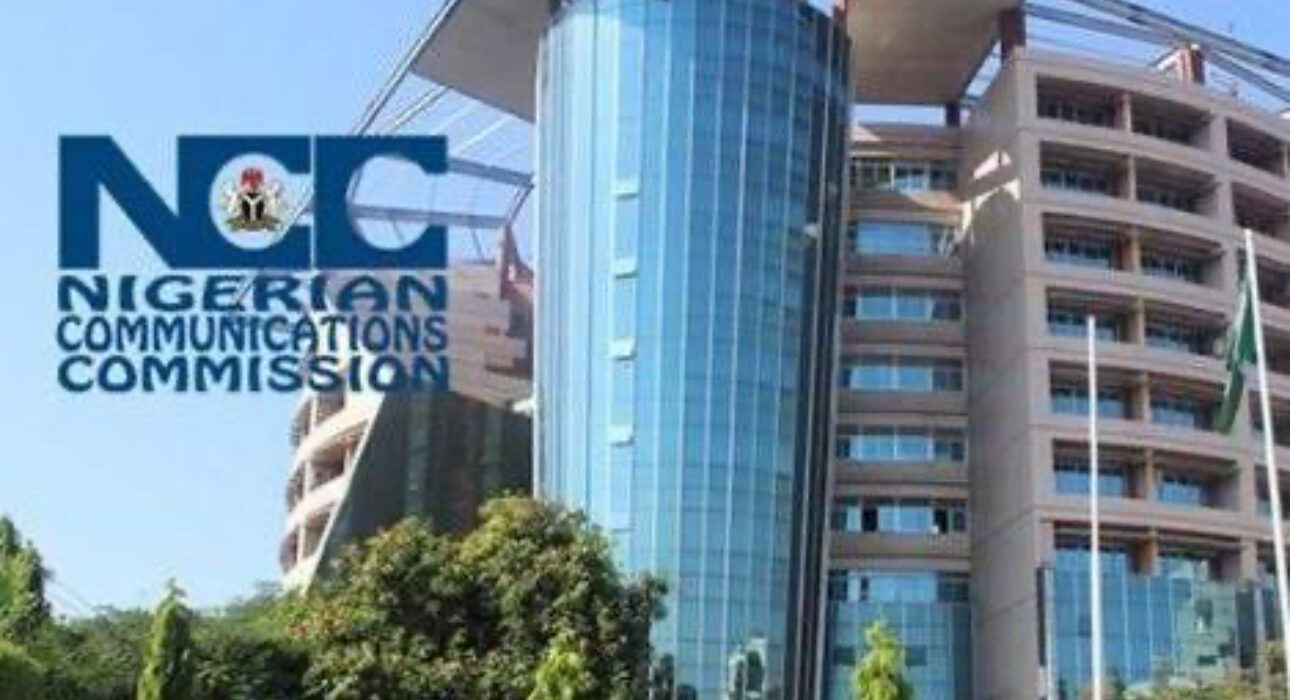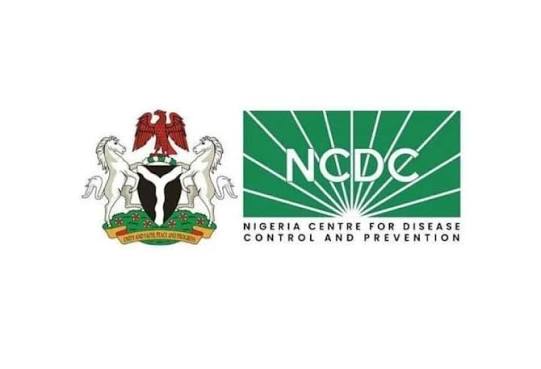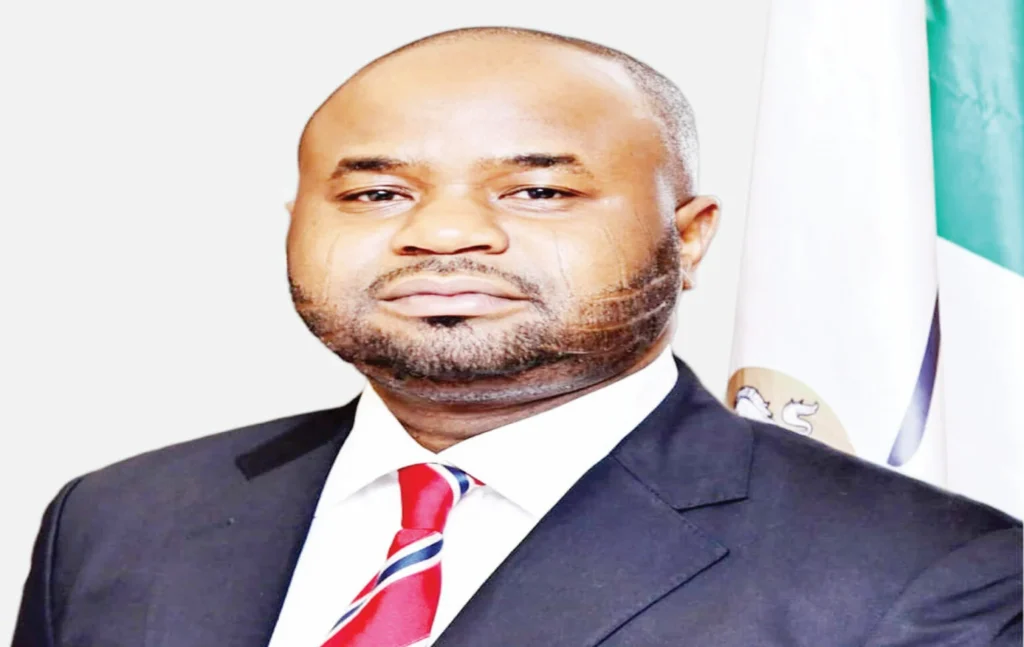NCC Directs USSD Charges to Be Deducted from Airtime, Not Bank Accounts

The Nigerian Communications Commission (NCC) has announced a major policy shift in how users will be billed for Unstructured Supplementary Service Data (USSD) banking services.
According to the new directive, charges for USSD transactions will now be deducted directly from users’ mobile airtime balances, rather than their bank accounts.
This move, effective from June 3, 2025, is aimed at resolving the long-standing rift between Nigerian banks and mobile network operators (MNOs) over the payment structure for USSD services.
The NCC stated that the decision aligns with its End-User Billing (EUB) framework, which mandates that mobile network subscribers pay telecom service charges directly through their airtime.
Under the updated billing system, each USSD session will attract a fee of ₦6.98 per 20 seconds, deducted from the customer’s airtime once the session is confirmed.
To ensure transparency, customers will receive a notification prompt before any charges are applied, asking for their consent. No deduction will occur unless the customer approves the transaction and the bank is available to process the request.
The new process aims to simplify user experience while ensuring that telecom operators are compensated for the infrastructure used to facilitate these services.
Several commercial banks, including United Bank for Africa (UBA) and First City Monument Bank (FCMB), have started notifying their customers about the policy change.
In public advisories sent via email and SMS, the banks informed customers that henceforth, airtime will be used for USSD transaction fees.
“Please note that going forward, USSD charges will be deducted from your airtime and not from your bank account.
“Customers who prefer not to proceed with this billing method are encouraged to use alternative banking channels such as mobile apps and internet banking,” UBA stated in a message to its customers.
The USSD billing debate has been ongoing for several years, with telecom operators demanding compensation for the infrastructure supporting USSD services, while banks had insisted on customers paying fees through their accounts.
This disagreement had led to threats of service disruptions and the accumulation of significant unpaid debts from banks to telecoms.
In response, the NCC and the Central Bank of Nigeria (CBN) intervened multiple times to maintain service continuity while negotiating a sustainable billing model.
The new airtime-deduction approach is expected to finally settle the conflict and ensure uninterrupted service for mobile banking users.
The new billing method has sparked mixed reactions among customers. While some applaud the clarity and transparency it brings, others—particularly those without sufficient airtime—express concern about the accessibility of financial services.
Financial analysts suggest that while the policy may inconvenience some users initially, it promotes accountability and may improve the quality of service from both telecoms and financial institutions.
The NCC has urged users to stay informed and monitor notifications from their service providers.
Customers are also advised to ensure they maintain adequate airtime balances if they intend to continue using USSD banking services.
• USSD charges will now be deducted from airtime, not bank accounts.
• Customers must give consent before charges are applied.
• Each USSD session will cost ₦6.98 per 20 seconds.
• Banks like UBA and FCMB have already begun notifying customers.
• Policy aims to resolve long-standing disputes between banks and telcos.









